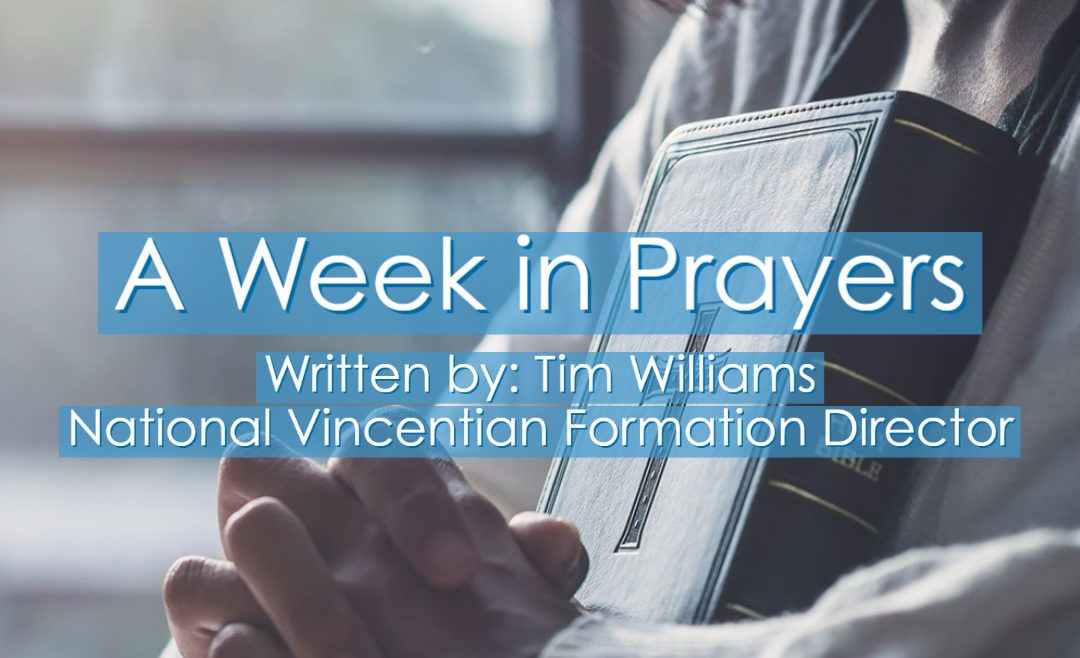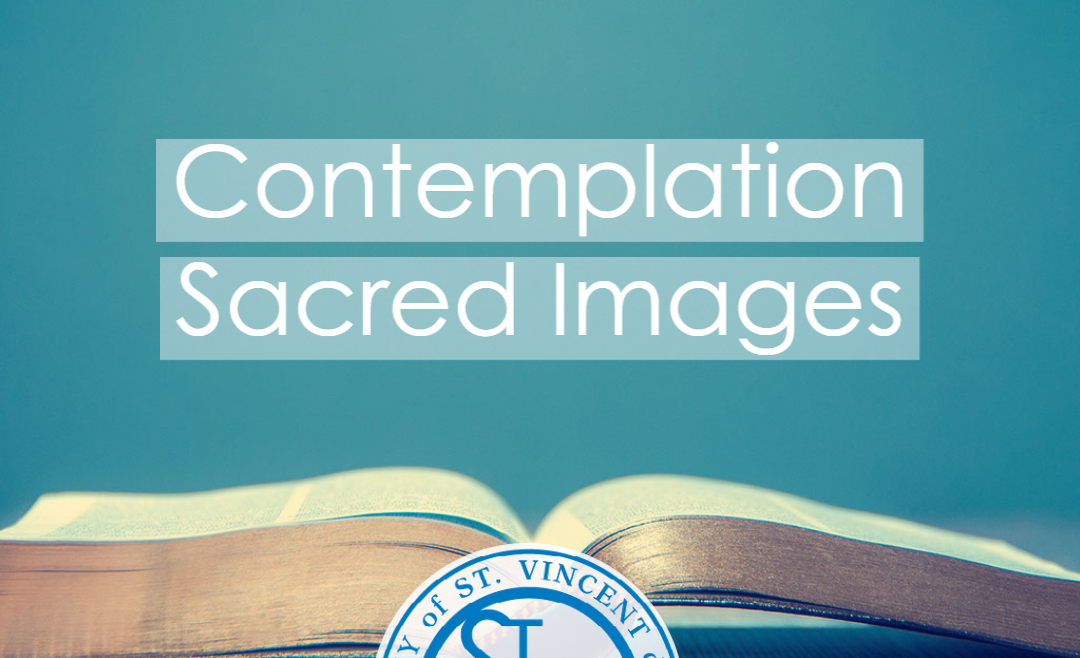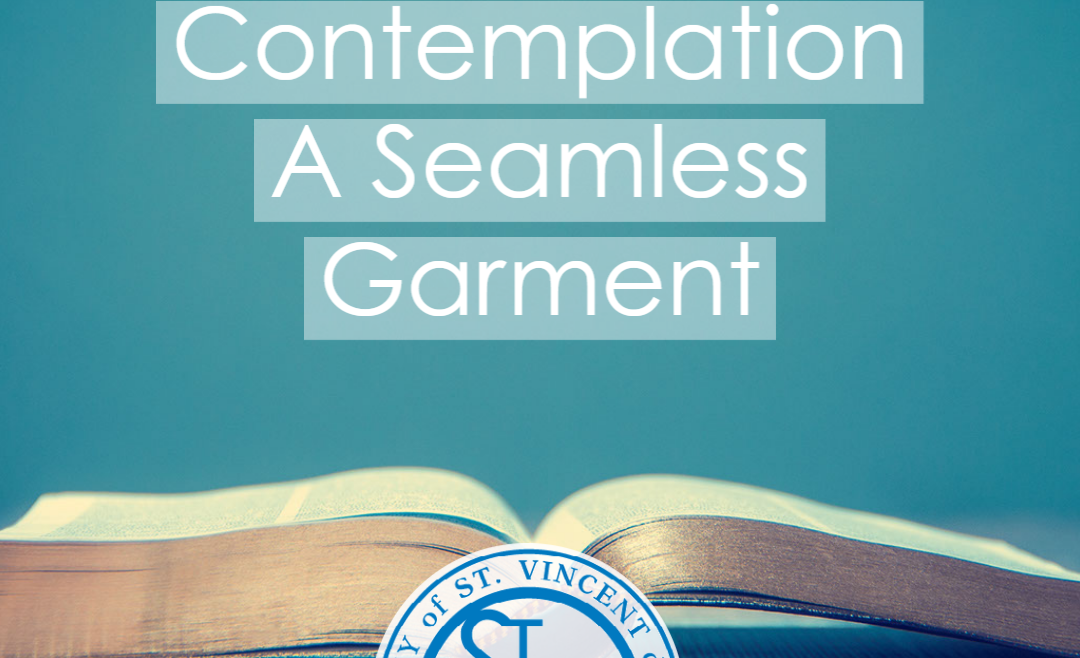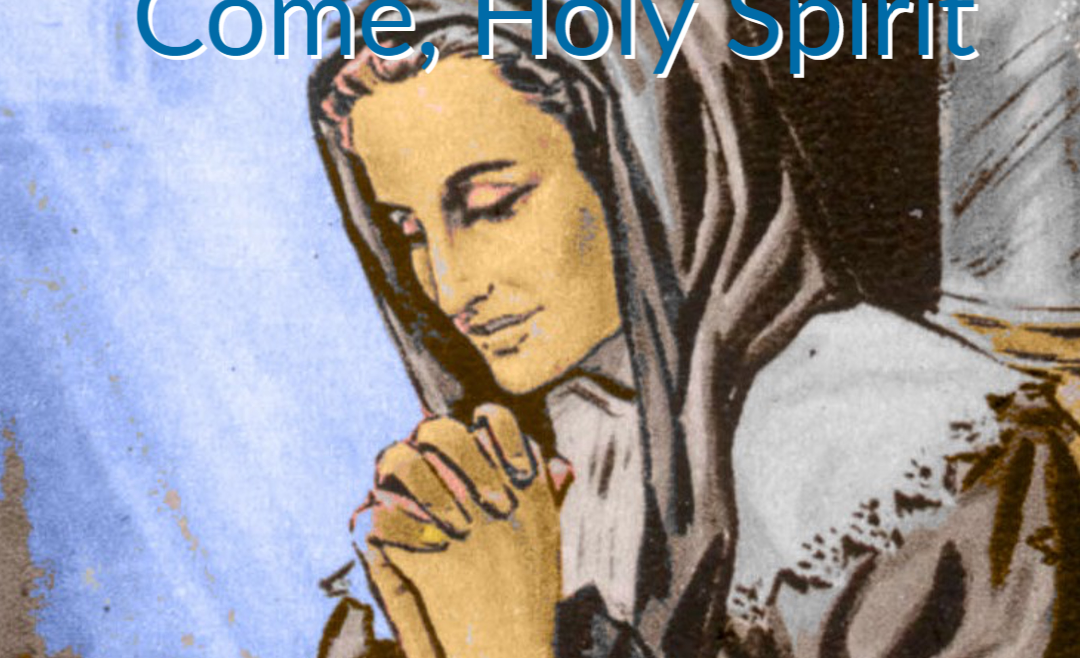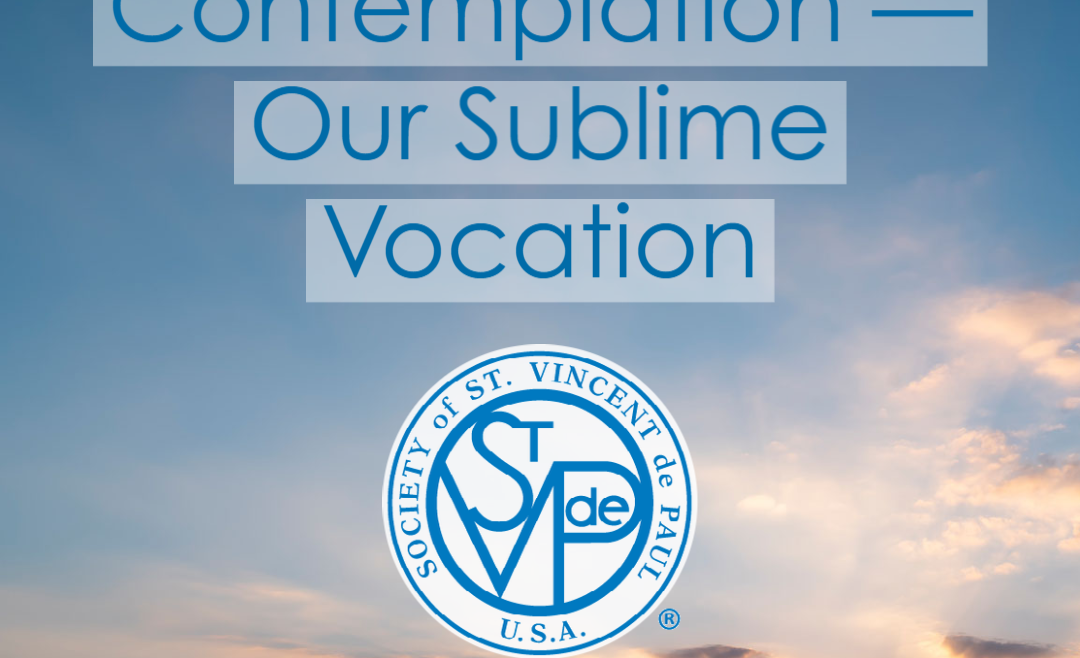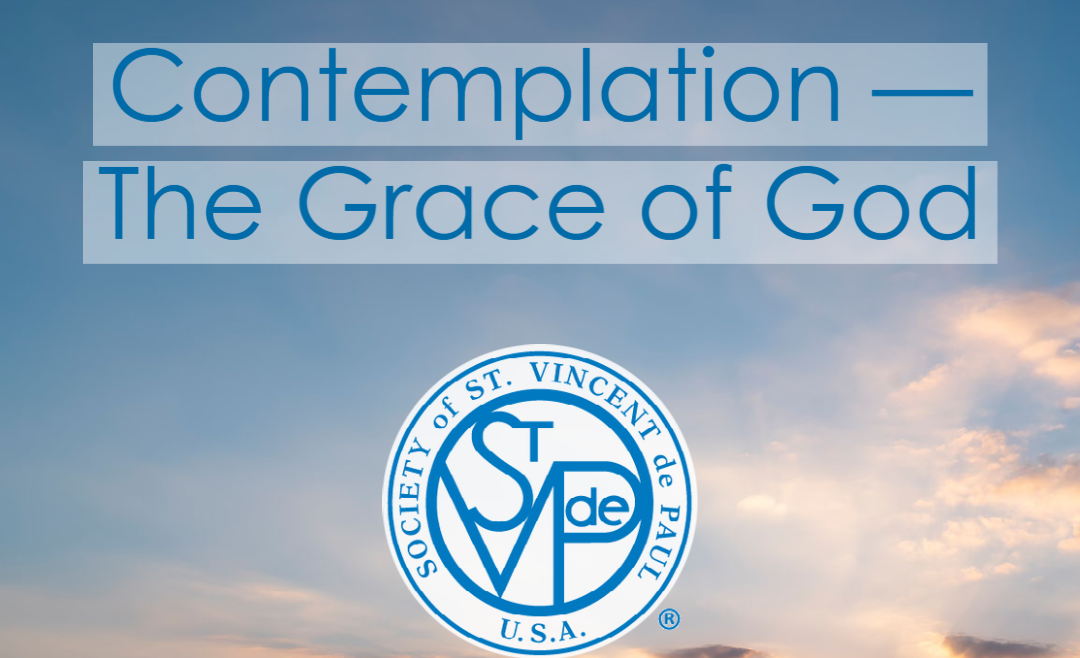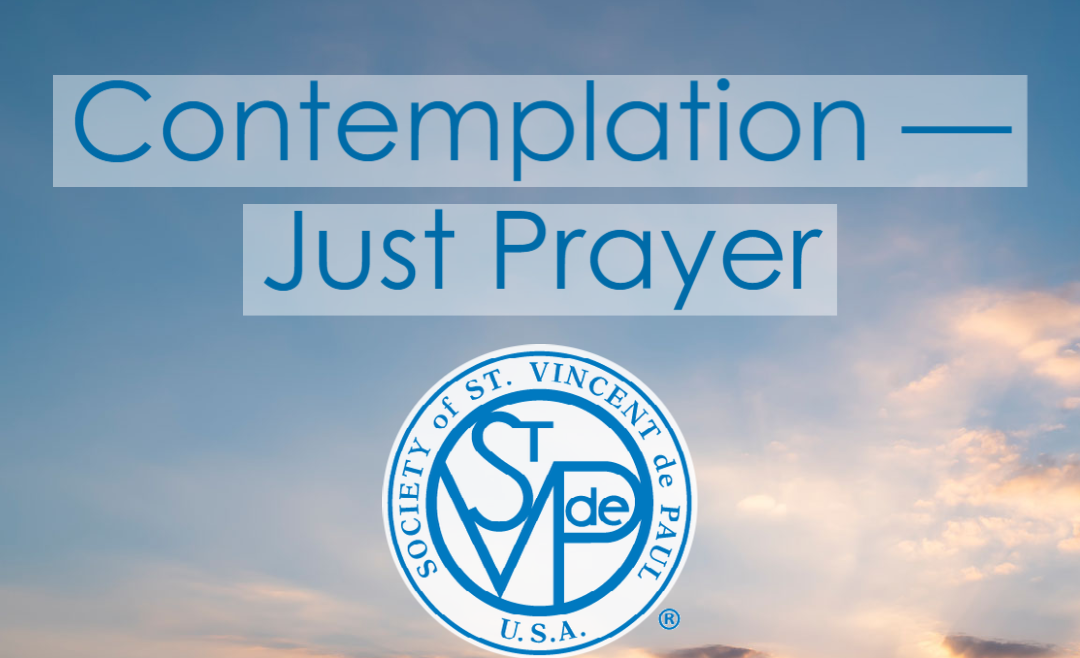Monday, June 12
Place Your hands upon me, Lord,
Heal me with Your touch,
Steady me when I falter,
Or my troubles are too much.
Give me strength to share, O Lord,
For all of life’s demands,
And for my friends and neighbors,
Lord, let me be Your hands.
Amen
Tuesday, June 13
I love You, Lord Jesus, believe me.
I give You my heart in full.
I give You this day,
And all that will I do,
Happily, joyfully, and willingly.
What else can I do?
Amen
Wednesday, June 14
Awake me from my slumber, Lord,
Clear my eyes of sleep.
Help me to see You clearly, Lord,
In the falling rain, in the rising sun,
In the rustling leaves and darting birds,
In the face of a passing stranger.
Help me to love You more, Lord,
And to love You at first sight.
Amen
Thursday, June 15
Jesus, Son of God,
Who humbled Yourself as man,
Help me to follow
The way that You showed:
To love as You loved,
To serve and not to be served,
To give my life for others,
One day at a time.
Amen
Friday, June 16
O my Jesus,
Who came not to be served,
Let me take up Your mantle
And serve.
O my Jesus,
Thine is the kingdom,
Let me help build Your kingdom
On earth.
Amen

